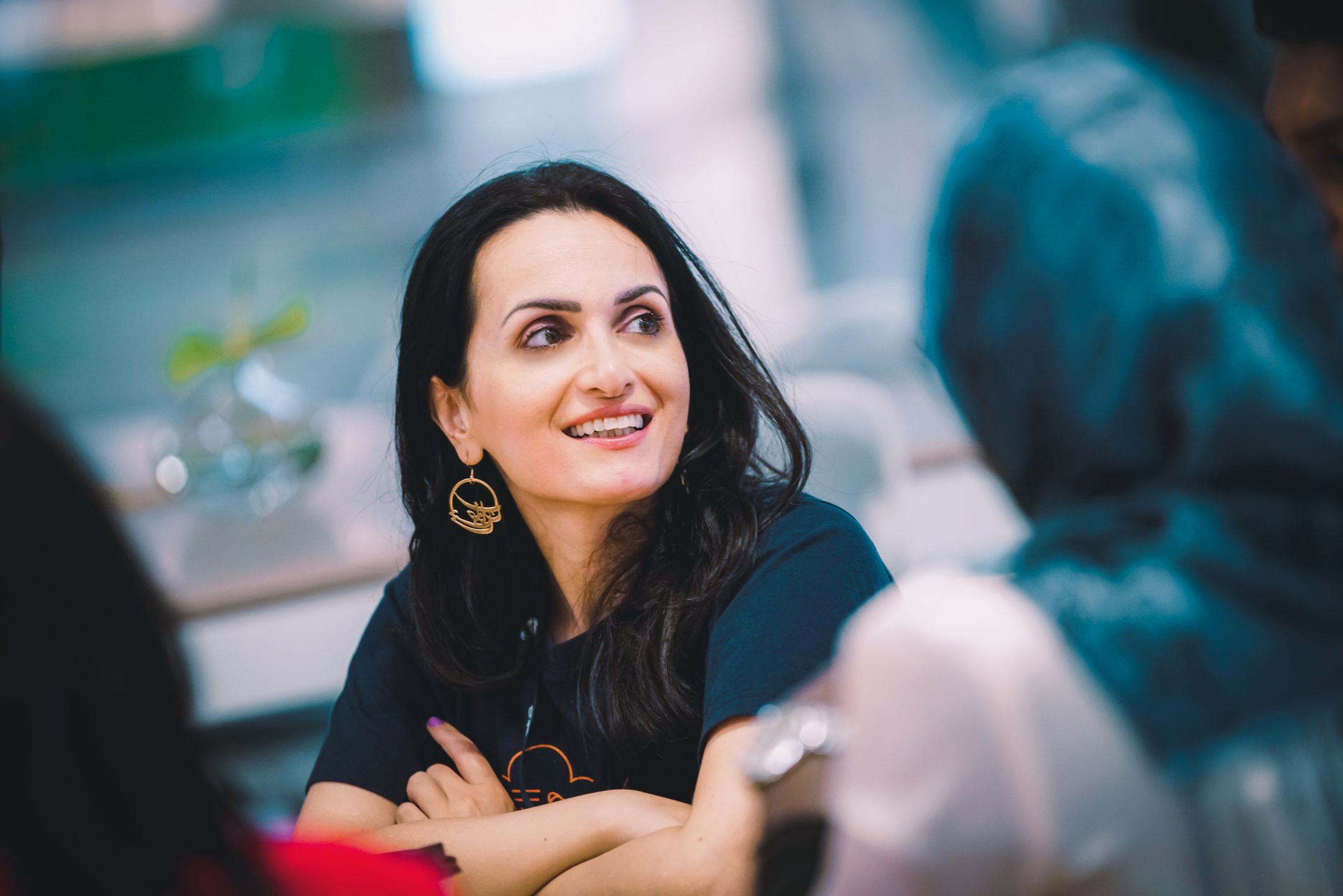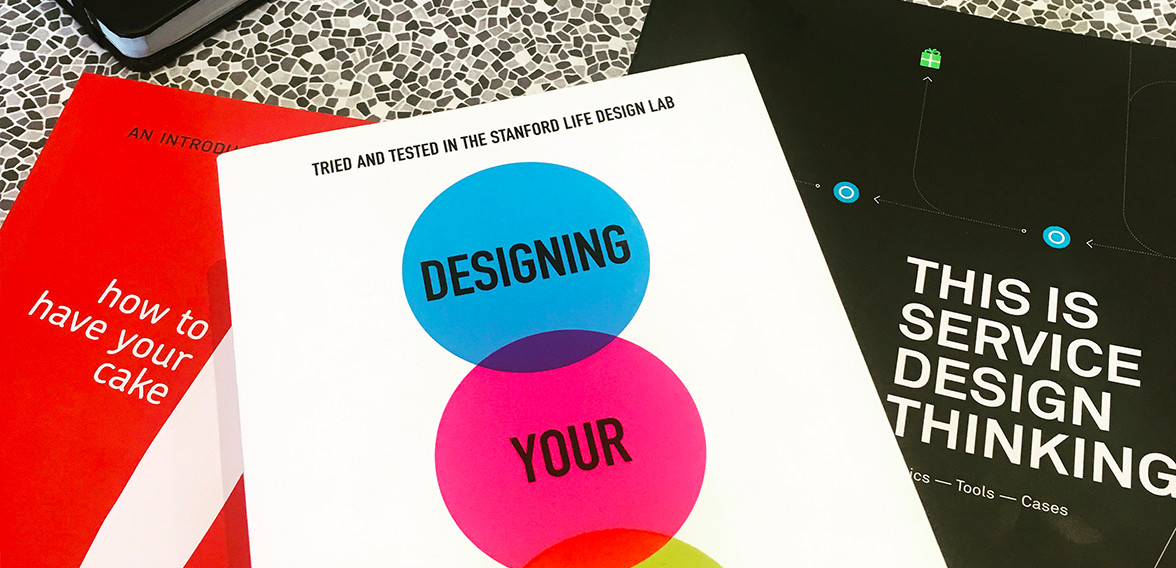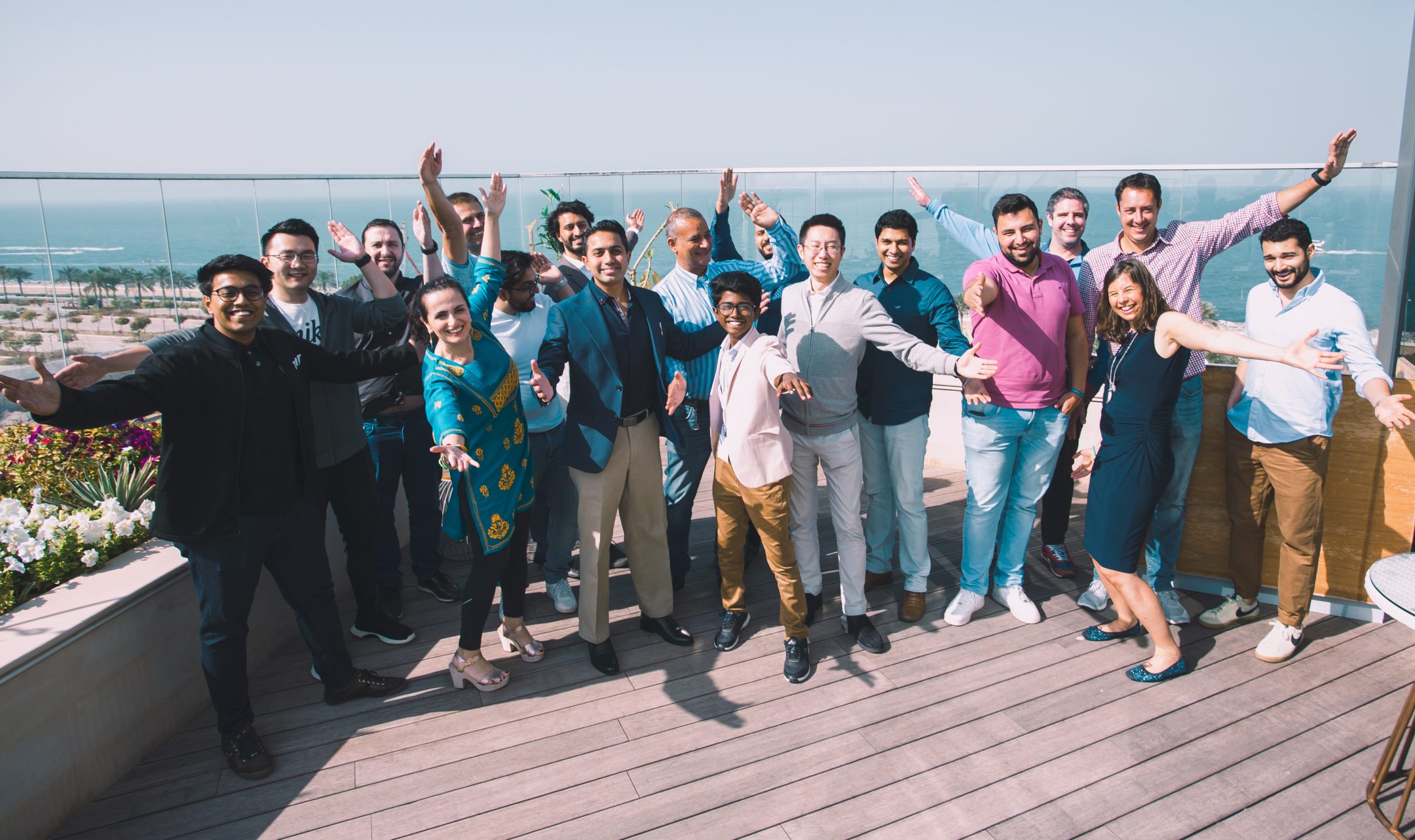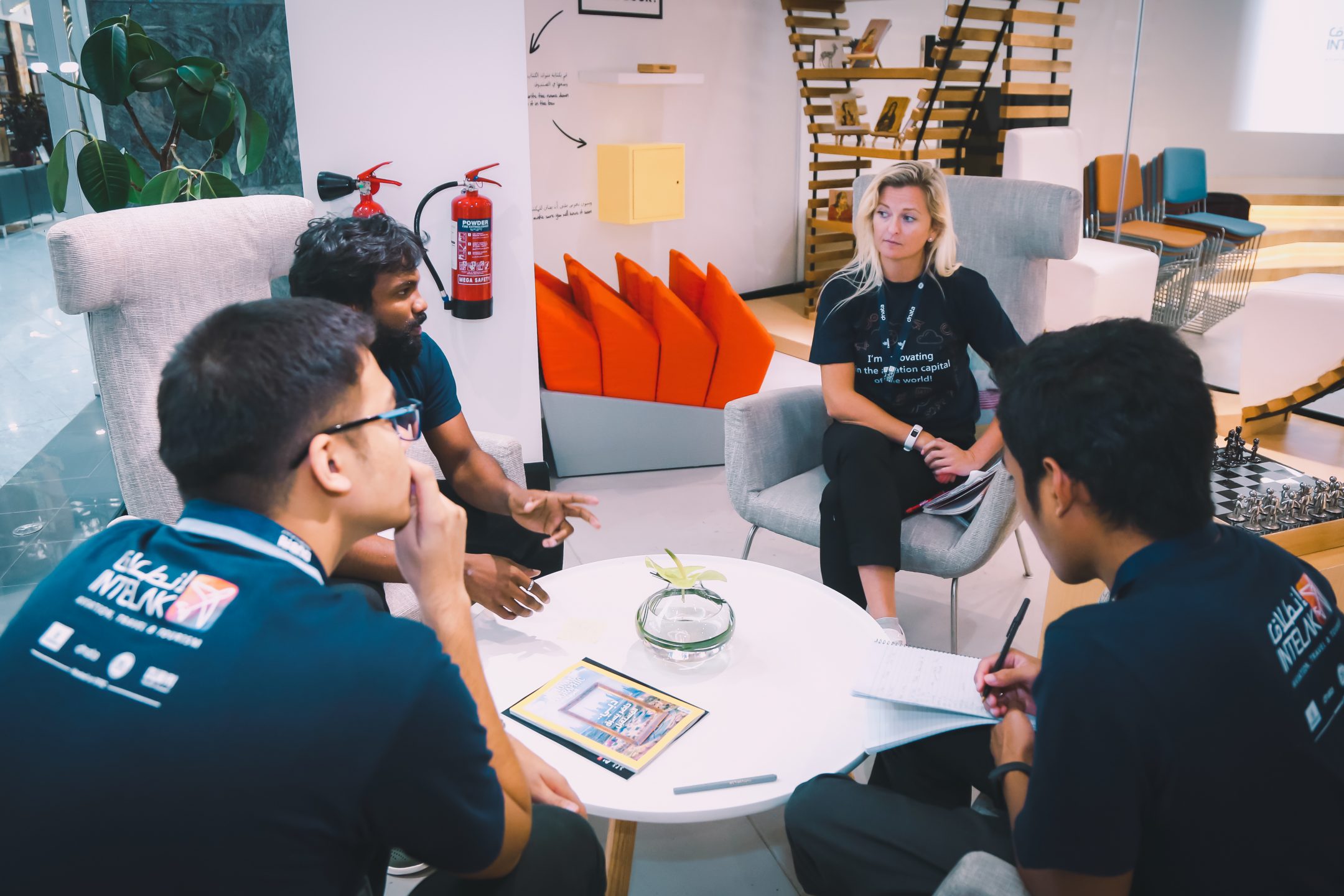2018 was coming to its end. It was a year to celebrate. It was my year of ups, downs and achievements. A year of taking risks, falling and flying again; it was about reaching personal milestones. And yet here I was, standing at the entrance of the Mandali Centre for a retreat in something called the ‘Enlightenment Intensive’. What was I doing here? The centre nestled high up in the cliffs against the postcard perfect backdrop of Lago d’Orta in Northern Italy. Below me the calm almost muted currents of Lake Orta itself stretching out towards an endless horizon.It is thought that this lake was once part of a much larger body of water; connecting the great northern glaciers all the way down to the south. Alas its environment changed and the lake became separated, isolated, disconnected from its source. I was here as I wanted to reflect on my core purpose of who I am to build a future and business that is truly aligned with my purpose. In Hindi, Mandali means a grouping of people who have joined together because they share an interest or belief. That made sense I thought; create a centre that helps people find their connection with themselves and others over a lake that had lost its own connection. Somehow I knew I was in the right place.
The ‘Enlightenment Intensive’ is a five day retreat led by Peter Harper based on the teachings of Charles Berner. With the aim of unravelling how can we all attain a single moment of true Enlightenment. For three days we were placed in a completely silent environment with no distractions and blasphemously, no cell phones!! We filled our days with short but frequent sessions ranging from contemplative walks, physical exercise and deep meditation built around five meal breaks and what they dubbed the Dyads (conversations). The Dyad forms the central core of this process. During the Dyads we were encouraged to break our silence, looked intensely into one another’s eyes and either ask or answer the question… ‘Who am I?
I know I am not my thoughts but they are still there.
I know I am not my emotions but they are still there.
I know I am not my past but they are still there.
I know I am not my future but they are still there.
I see myself as two; I am currently sitting here tranquil, on a park bench under a tree enjoying every presence in my present to the sounds of pigeons finding leftover of a sandwich. But I am also a disruption; of stories from the past, concerns of the future, latent thoughts and emotional tendencies. The enlightenment intensive facilitator Peter Harper explains that the ‘two parts’ of us are actually the authentic self (our true identity, the parent) and the personality (the things we picked up as children). Imagine an empty house, made up of brick, tile, wood and cement, its architecture forming the very foundations of our existence. This Peter says is our authentic self. And now imagine that you begin to fill that house. Fill it with things that may seem like important objects, superficial objects that need to be owned, that are in constant need of replacement and upgrading. Spend the day having to clean these things, building devices to secure it against intruders and pay its bills. This is your personality. During childhood we come to identify ourselves with all the things we fill our house. The enlightenment intensive process allows us space to observe ourselves as what we really are, a structure, something strong, grounded… like a house rather than the objects that consume it. And why is this important for business growth? Because once you see yourself as the house with infinite potential rather than the objects that consume it, you see that what limits you is yourself. That what you imagine it, you can build.
In this two part interview with the enlightenment intensive facilitator Peter Harper we dig into the subtle difference between ‘letting go’ and ‘attracting what you want’. We discuss practical tools to bring the enlightenment intensive process to our everyday life and work and how we can all use these principles to accelerate our growth.
Mia – Rumi said life is a balance between holding and letting go. What daily tips would you give for us to let go of our stories, thoughts, and emotions and sit in a place of stillness?
Peter – The first thing is to embrace our thoughts and emotions. Intrinsically, they come from the ego which is a part of ourselves that is trying to protect us. Trying to push them away and avoid them will at best repress them. Give them space and attend to them with a feeling of loving kindness … to your self.
At the same time, our Essential Self, the stillness is constantly available. Through the practice of presence, this space becomes more easily touched. Simply take several deliberate and conscious breaths, accept the content of your experience as it is now, relax the body, keep your breathing open and natural and rest in the part of you that is observing. By allowing your breathing to maintain a natural rhythm, your thoughts will clear and you will be able to move from a place of clarity rather than panic.
Mia – How can we sit in the ‘place of ease’ whilst cultivating the things we want to achieve?
Peter– Life loves to create and we are brilliant creators. When I feel an enthusiasm and feel engaged in the activity I am focused on then naturally there is a flow of satisfaction. The journey becomes the goal, yet I am still aware of the desired outcome, and that is ok. So noticing the feelings that are flowing into what I do is a good indicator of the quality of the work I am doing.
If I am working out of a place of panic then my breathing and heart beat become irregular, adrenalin and cortisol are pumped into my body, my capacity to think clearly diminishes. In those moments I will first rebalance my breathing to calm the physiology, relax my shoulders or wherever I feel tension in my body and then repeat the steps into the present as described in the first question. Sometimes, even just a few seconds can be enough to restore clarity of thought and action.
Mia – Sometimes in our business we aim to get through the moment to get to the outcome. Is this wrong?
Peter- The present moment is as it is and when accepted it establishes the quality of the next moment. If the present moment becomes an obstacle to a goal, then we become divided and this can lead to stress and frustration. It’s not wrong to desire a specific outcome. It’s healthy to have drive and commitment. This passion will guide you in the sense that it becomes a fulfilling act rather than one born out of anger. It will have a lighter and more satisfying outcome when born from your presence.
Mia – Sometimes everything is going well in our life and work except one thing. Why does the child (or ego) highlight the one thing that is not going well and fixate on that?
Peter – It is the nature of the ego to protect and warn us of danger. It is like a sheep dog on a farm. It can be loyal and useful. However, if the sheep dog starts trying to run the farm there will be chaos. Observing when there is an issue in our lives can be useful and by giving that part space, understanding it and addressing the issue will calm the thoughts, tame the dog. This can be difficult if there is nothing to do except wait. Then the mind can go into a loop with thoughts that can become repetitive and incessant.
So first give the issue space to help to understand what your options are. What can be done now? What can be done later? Or if there is nothing that can be done then how can I find support to deal with the weight of these feelings? Sometimes life will sucker punch us with events that are beyond our control. In those situations it helps to have someone to support us in times of difficulty. Overall, it will depend on the nature of the issue that your ego is pre occupied with. As a general rule, it comes down to how deeply you can understand the issue and what direct action you can take to resolve. In any given moment there are only three options: Accept the situation as it is. Try to change it. Or walk away. Wisdom is knowing which step to take.
Mia – I know fear is an illusion but its still there and it hinders us greatly in our business goals (as well as life). It stops us from taking risks. What can we do about this?
Peter – For me fear can be a useful tool to warn us of danger. It is a natural part of our ego structure and when observed from a place of stillness, it can be a motivating force that drives us to create change. Again, the approach of giving space to whatsoever feeling is in my experience. Listen, understand and then decide how and if to respond.
Mia – How can we ‘be present’ and also ‘want’? How can we just ‘be present’ and want to develop our business, want to build things, grow, experience new things and have certain things show up for us?
Peter- Life loves to create. Just look at the earth, it is abundant, creative, spacious, colourful, wondrous, vivacious, dynamic. As the microcosm of the macrocosm of life we are all natural creators.
When there is a connection with our authentic self there naturally arises the desire to give. When we connect with the energy that created all life then there is a natural feeling of abundance. We then become a natural expression of this life force. The creative impulse can be strong, to build a house, a company, to serve, to share and to contribute in a way where we are seen, respected and loved.
When we connect with our nature, with what we love then you will notice how the time flies. What we do will show a quality and beauty that is other-worldly. So any business that is imbued with a passion and drive that comes from a genuine love and caring will flourish.
When the feeling of abundance and authentic expression is there, people and opportunities are more likely to be attracted and support your business.
Mia – Sometimes we are doing all the right things; we are genuinely grateful, present, joyous and giving but then something comes out of nowhere that really jolts and challenges us. Why do you feel this happens?
Peter- Consciousness will literally force us out of our comfort zone to face the process of growth. It can be unpleasant but challenges and failure are there to help us to grow and take us to our next stage of life. Challenges are powerful. Challenges build our capacity to recognise what we truly are and build our resources to shift back into our authentic self.
Mia interviewed Peter on 8th January 2019
I hope you enjoyed this interview. In Part 2 we continue our interview with Peter and will focus on the difference between resignation and surrender, listening with an open heart and attracting energy that heightens our potential for growth.
Peter Harper is the founder of The Drunken Monk and currently lives in the Pre Alps of Northern Italy where he divides his time working at The Mandali Retreat Center and his recording studio where he produces Conscious Music and Guided Meditations.






